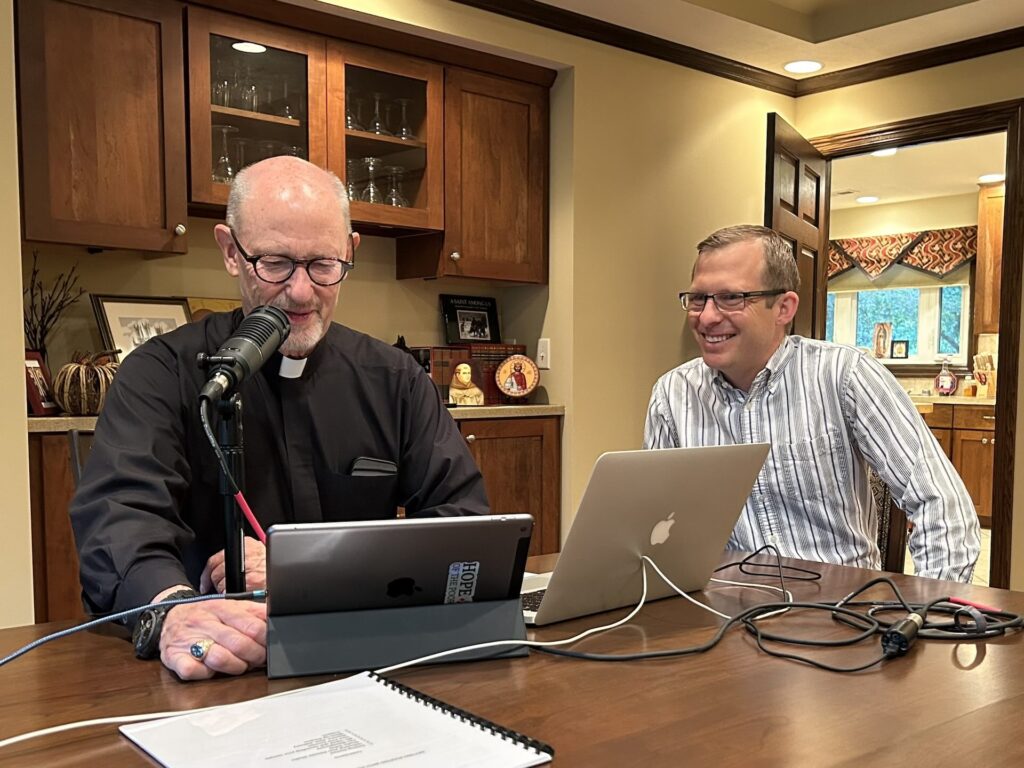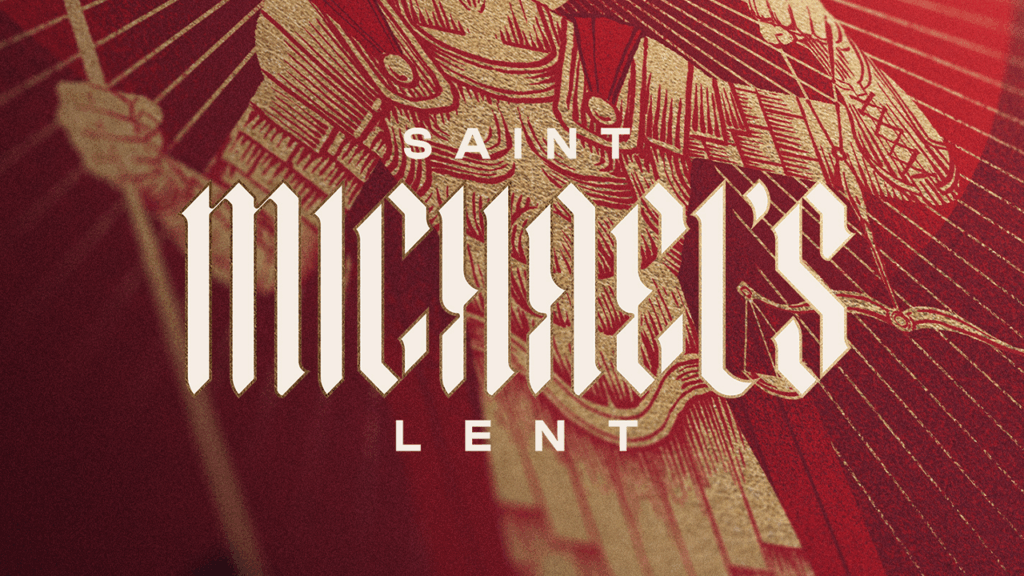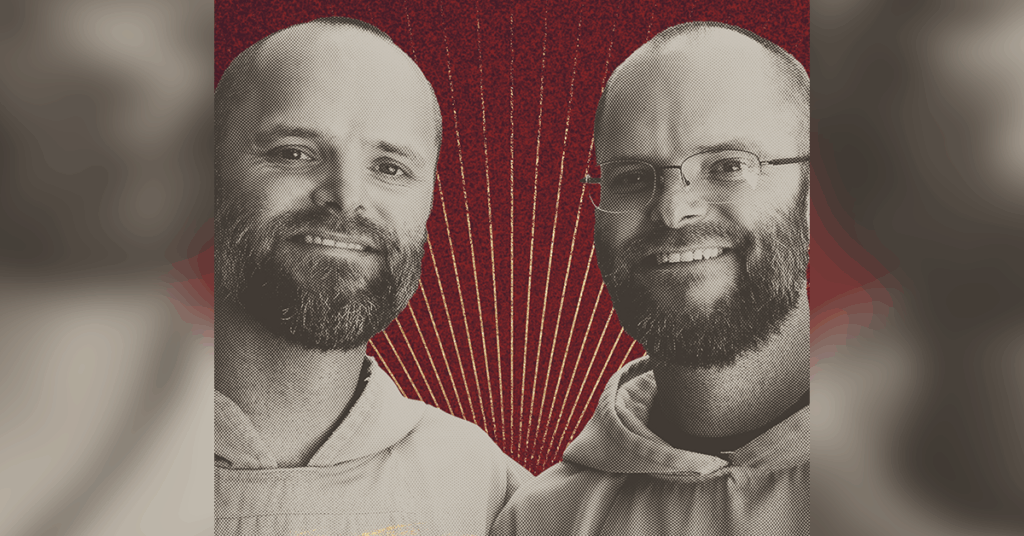There are different reasons we may experience desolations and consolations, and they can provide some indication of the health of our spiritual life.
However, desolations are not necessarily bad signs, and consolations are not necessarily good signs.
After an intense workout a man may feel physical desolation, but that desolation may be a sign that he is doing the right thing.
The physical consolation he feels while lying inert on a couch and eating a quart of ice cream does not necessarily prove that this is better for him than exercise.
This is an important point for our discernment: just because a person feels desolation, it doesn’t mean the person is doing something wrong.
Sometimes it is a sign that a Christian is doing something that is bad, and he needs to stop.
At other times, it is a sign that he is doing something good, but because of his particular circumstances he feels pain as he makes real progress in virtue.
St. Ignatius of Loyola describes both types of desolation.
The first type, he notes, affects someone who is progressing from major sin to major sin.
In these situations, God pricks his conscience, calling him to repentance.
In the second case, the case of the man who is purifying himself and striving to improve in the service of God, however, the world, the flesh, and the devil will attack that person, saddening him, placing obstacles in his way, and disquieting him with lying arguments.
If a man is experiencing sadness in his quest to respond to God’s love, if he is struggling with thoughts that suggest that his faith is a myth or that God despises him, if his prayer time is a constant struggle with sleepiness, or if he is dealing with anything else along these lines, then that man is dealing with the second kind of desolation.
This experience is not sinful in itself.
If he gives into these experiences of desolation, he becomes guilty of moral failure.
This desolation itself, however, is a suffering that invites him to profound spiritual growth.
One of the thoughts that may afflict us during spiritual desolation is the thought that this desolation means we are not loved by God or that it is a sign that we are terrible sinners—but this is a lie.
God may indeed use the suffering of desolation to strengthen us like a trainer refines his athlete by pushing his strength. He also may use it to give us a more profound sense of our need for his grace, or he may use it as an opportunity for us to grow in virtue.
In all these cases, the experience of desolation is a trial that God allows for our good.
With what sins are you struggling?
Could these be causing desolation?
Are you experiencing any consolations?
Are these from God, or are these temptations intended to keep you complacent in sin?
Today, ask God for the ability to discern just where he is leading you.




